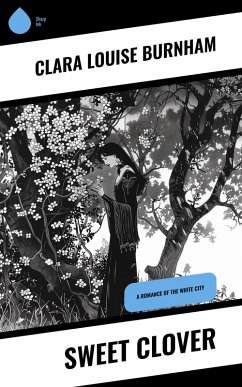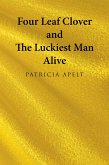In "Sweet Clover," Clara Louise Burnham weaves a poignant narrative that explores themes of love, loss, and the enduring power of human connection. Set against the backdrop of a rural community, the novel unfolds through rich, lyrical prose that captures the essence of its characters' emotional lives. Burnham's skillful use of vivid imagery and symbolism, particularly the clover motif, underscores the novel's exploration of nature's role in healing and continuity amid life's trials. This work reflects the early 20th-century American literary context, where the rural experience often served as a canvas for exploring deeper societal and personal issues. Clara Louise Burnham, a prominent author of her time, was deeply influenced by her own experiences in rural communities, which informed her understanding of the complexities of human relationships. Her keen observations regarding the intersection of nature and spirituality stem from her background in both literature and education, elucidating the themes present in "Sweet Clover." This novel is part of her larger body of work that strives to inspire readers to appreciate the beauty of the ordinary and the importance of community. Readers seeking a work that resonates with the enduring themes of resilience and love will find "Sweet Clover" to be a compelling and evocative read. Burnham's articulate exploration of character and setting invites reflection on one's own life and relationships, making it a valuable addition to the canon of American literature.
Dieser Download kann aus rechtlichen Gründen nur mit Rechnungsadresse in A, B, BG, CY, CZ, D, DK, EW, E, FIN, F, GR, HR, H, IRL, I, LT, L, LR, M, NL, PL, P, R, S, SLO, SK ausgeliefert werden.









